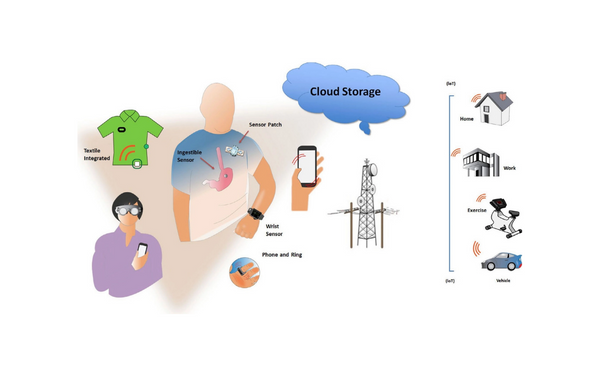Smartwatches have improved at tracking our heart rates and steps, but more recently their focus has shifted to how they may be utilised to enhance our mental and restorative sleep. Citizen, a Japanese watch manufacturer, is the latest to try to do so with its new CZ Smart watch series, which was shown at CES and will be available in the United States in March.
The business claims that the technologies included into its new smartwatches are based on studies conducted at NASA’s Fatigue Countermeasures Laboratory. The CZ watch with a “casual” finish begins at $350 (about £290 or AU$520), while the sport version begins at $375.
The Citizen CZ Smart watch is the most recent example of a smartwatch manufacturer’s interest in investigating the effects of sleep deprivation and stress on wearers’ bodies. It’s another evidence that wearables’ future lies in advising users and giving them more insight about the data they’re seeing.
Users may get their Alert Scores through the app’s Alert Monitor test, which is the watch’s major function. According to Citizen, it was modelled after a test performed by NASA to gauge astronauts’ vigilance called the Psychomotor Vigilance Test. According to Citizen, the Alert Monitor tests take less than a minute to complete and may be completed every day. Also, the Psychomotor Vigilance Test served as the basis for a prior NASA app that measured vigilance.
The CZ Smart watch series also places a strong emphasis on sleep monitoring. In other words, Citizen says its software can figure out if you’re a morning person or an evening person (your “chronotype”). Watchmakers utilise IBM’s Watson Studio to analyse seven to ten days’ worth of sleep data and the aforementioned Alert Scores to identify a user’s chronotype.
The watch then learns the wearer’s habits by combining chronotype information and Alert Scores with more conventional data points like heart rate, sleep patterns, and activity to give recommendations to reduce weariness and increase alertness. Power Fixes are suggestions made by Citizen that the business claims were developed using NASA data.
Besides the usual smartwatch capabilities like microphones and speakers, the new Citizen watches can also run popular music-related applications like Spotify, Amazon Alexa, Strava, and YouTube Music. Sensors such as a gyroscope, accelerometer, barometer, altimeter, and blood oxygen monitor have become standard on modern smartwatches. The Wear OS software developed by Google powers the watches, and it works with both iOS and Android devices.
Without actually using the watch, it’s hard to comment on how helpful or accurate the Citizen Alert Monitor and chronotype observations are. The release also coincides with a time when there is heightened awareness of the data that electronic gadgets collect about their users and how that data is secured. The purpose of Citizen’s latest smartwatches, however, is consistent with broader developments in the wearable technology sector over the previous several years.
In 2022, for instance, wearable manufacturers like Apple, Fitbit, and Samsung introduced innovative new ways to monitor users’ sleep. In addition, Fitbit released the Sense 2 in August, which has updated sensors to let you passively monitor your stress levels.

Subtly charming pop culture geek. Amateur analyst. Freelance tv buff. Coffee lover
